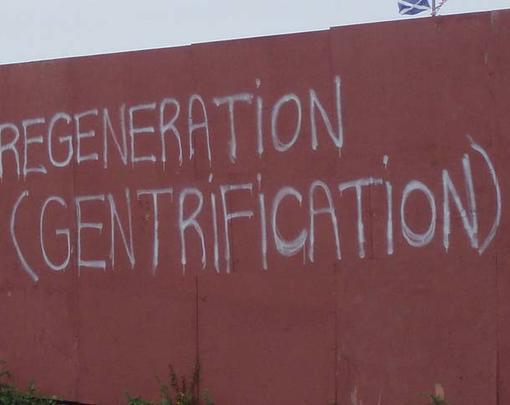The May 2019 special issue of In These Times magazine, “Getting to Zero,” features an article by Next System Project co-founder Gar Alperovitz and researcher Johanna Bozuwa that calls for taking public control of electric utilities to remove a major impediment to the green transition. The issue also includes an article on “How to Bury the Fossil Fuel Industry” by Kate Aronoff that is based on The Next System Project’s “quantitative easing for the planet” proposal.
In “Electric Companies Won’t Go Green Unless the Public Takes Control,” Alperovitz and Bozuwa write that meeting the goals of the Green New Deal “requires not just a few new green technologies, but a reimagining of the way the pieces fit together. We need a system rebuilt from the ground up with institutions of democratic, rather than private, control.”
Corporate energy utilities “stand as impediments to a viable energy future,” having proved “more interested in fleecing ratepayers than in sustainability.” An energy grid more suitable for a warming world and for the use of solar and wind power would replace today’s large, centralized generating nodes with “smaller, community-sized units, interlinked but capable of operating independently in an emergency. Here, community- or neighborhood-size renewable energy installations could be owned and operated for the benefit of the communities they serve, not a giant power company’s investors.”
Aronoff writes that “living up to the values embodied in a Green New Deal will require a managed decline of the fossil fuel industry, in which the first priority is ensuring a dignified quality of life for extractive sector employees—not golden parachutes for C-suite executives.” She notes that ”researchers at the Next System Project have suggested the U.S. government could bring U.S.-based fossil fuel industries under public ownership by buying up 51 percent of their shares—investors could sell these voluntarily, or else be made to compulsorily—then moving swiftly to curtail production.”
Read these and other articles in the In These Times special issue here.





